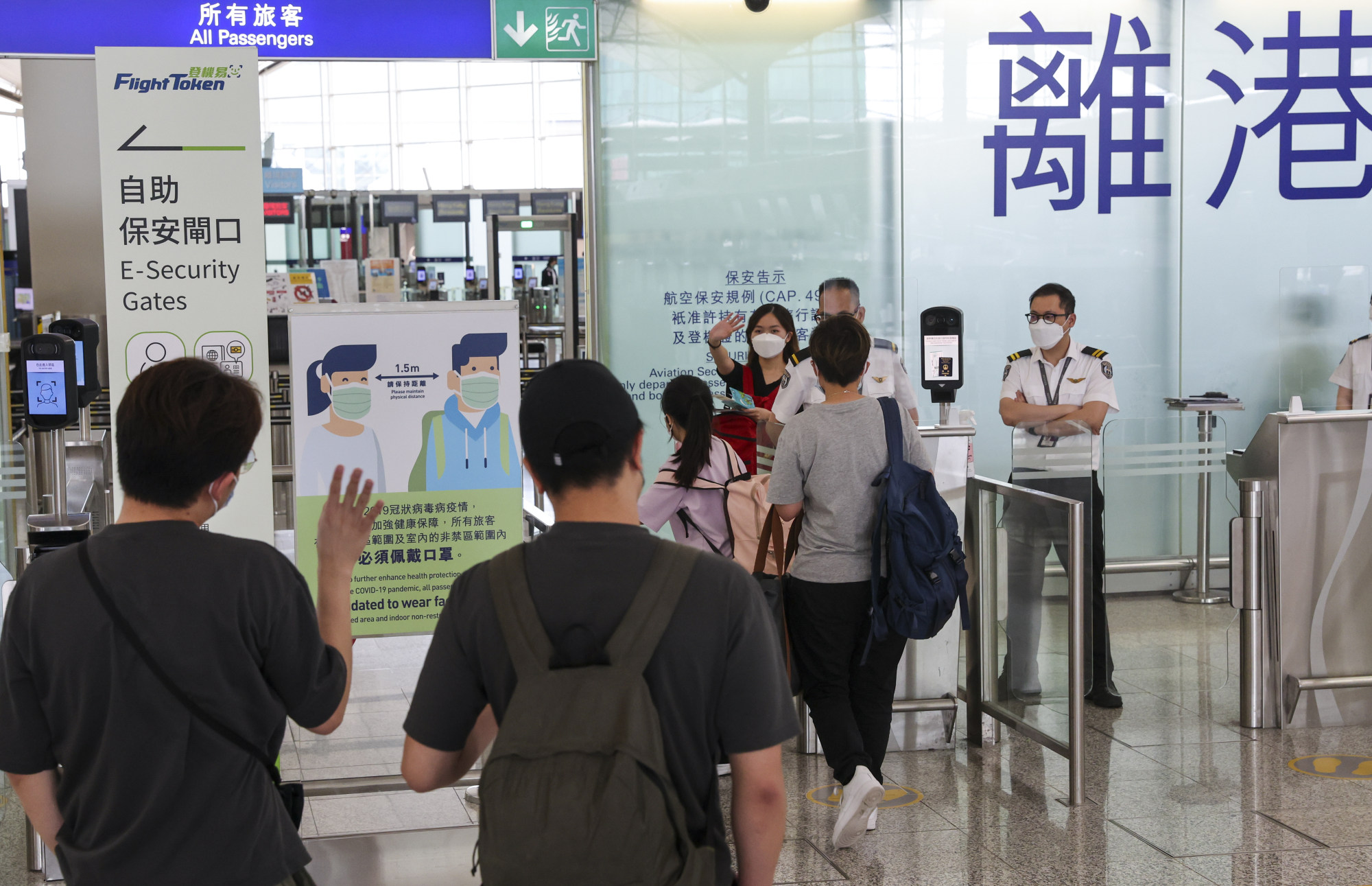
More than half of Hong Kong companies found it harder to hire talent in past year, survey finds
- JobsDB has collected responses from 481 local businesses about their hiring outlook
- Survey shows sectors with most employers facing hiring difficulties are corporate sales and business development
More than half of Hong Kong companies have found it harder to hire talent in the past 12 months than at any point in the last five years, a job recruitment platform has said, noting corporate sales and business development roles were especially difficult to fill.
JobsDB’s Hong Kong managing director Bill Lee on Thursday said a skills and talent mismatch was the “cause” of the city’s labour shortage, adding that the Covid-19 pandemic had reshaped requirements for workers.
“All sectors are undergoing reorientation, thus drastically transforming their demand for different skill sets, with available labour however not yet [able] to catch up [with] the change [as] companies take time and resources for such internal training and upskilling, expectedly sustaining a prolonged talent mismatch,” he said.

JobsDB, one of the city’s biggest recruitment portals, collected responses from 481 local businesses in September about their hiring outlook. It found that 68 per cent of companies had found it harder to hire talent in the past 12 months than at any point in the last five years.
The survey results showed that the sectors with the most employers facing hiring difficulties were corporate sales and business development, at 26 per cent, followed by accounting, merchandising and purchasing as well as administration and human resources.
Marketing and branding, as well as the transport and logistics industry, also recorded a year-on-year increase in employers facing recruitment issues, from 8 to 12 per cent and 6 to 11 per cent respectively.
Hong Kong leader goes all out to woo talent, tackle housing needs in policy address
A supervisory role or manager was the most wanted position among 64 per cent of the companies surveyed, followed by middle management and officer or non-managerial staff.
Respondents attributed the labour shortage to raised expectations for salary and benefits, difficulties in recruiting talent and challenges in hiring experienced staff.
But 38 per cent of the employers also said they believed that more Hongkongers had been planning to emigrate, making hiring more difficult.
The city has suffered an emigration wave in recent years as many residents have been lured by bespoke citizenship pathways offered by Britain, Canada and Australia.
Some 113,200 residents left the city last year, contributing to a record 1.6 per cent drop in Hong Kong’s population, marking a second consecutive annual decline.

In his first policy address, Chief Executive John Lee Ka-chiu introduced measures to lure global talent, such as granting a two-year visa to people with a yearly income of at least HK$2.5 million (US$318,500) and graduates from one of the world’s top 100 universities with at least three years of work experience, without requiring sponsorship from the employer.
Hong Kong leader to woo talent with ‘2-year visa for top university graduates’
Lee from JobsDB described the new scheme as “a good start”.
“As Hong Kong comes off the back of these pandemic restrictions, I think we are definitely going in the right direction,” he said.
He suggested that local businesses should also work on improving working conditions to retain employees, such as allocating extra resources for internal training, promoting a positive culture and ensuring work-life balance.

